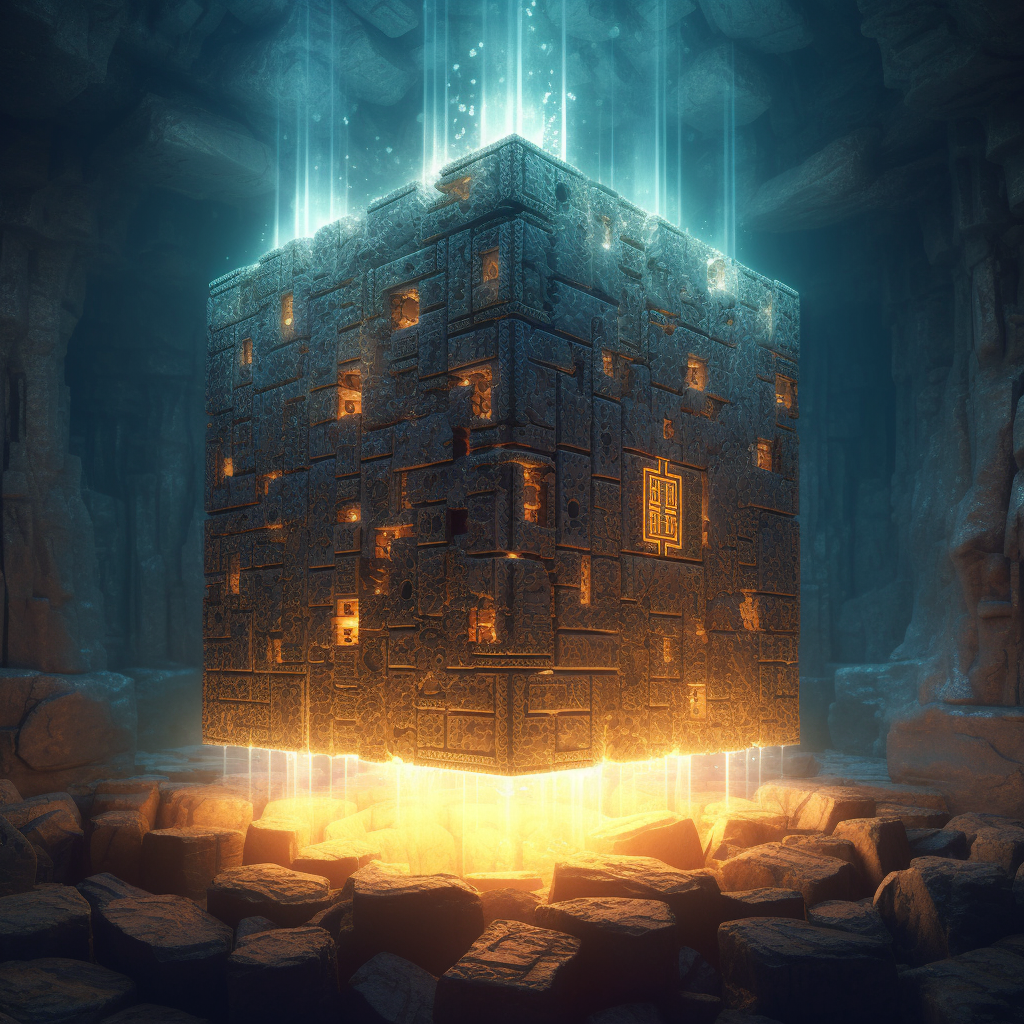A first step into decentralized finance

Roule
I’m a Software engineer specializing in DeFi and blockchain technologies. Committed to exploring the intersection of code and decentralized finance. Beyond the digital realm, interests span diverse domains including health optimization, spiritual growth, physical fitness, and continuous learning across disciplines
Decentralized finance (or DeFi) refers to a digital, autonomous, and unregulated financial ecosystem.
Why is it important?
The foundation of DeFi is the elimination of intermediaries in transactions, embodied in the concept of P2P (peer to peer). The absence of authorities (such as banks or CEXs) to store, transfer, or trade your assets guarantees your sovereignty over them, epitomizing true decentralization.
DeFi protocols are accessible to everyone globally and provide high transparency and security through the utilization of smart contracts. DeFi applications encompass decentralized exchanges (DEX), peer-to-peer lending and borrowing (P2P), savings and staking platforms, as well as decentralized insurance.
In recent years, the DeFi market has experienced exponential growth, with over $50 billion locked in DeFi protocols today (May 2023). However, several challenges must be addressed in the DeFi space, including regulatory compliance, liquidity, and the security of the underlying code in smart contracts.
Despite these hurdles, DeFi has the potential to revolutionize the traditional financial system by offering a more accessible, transparent, and secure financial infrastructure for all.
Fundamentals of Blockchain

Blockchain is the foundational technology that enables DeFi.
Essentially, blockchain is a decentralized ledger that records transactions on a distributed network of computers. Each block in the chain contains a set of transactions and is linked to the previous block through a cryptographic hash function, creating an immutable and transparent record of all transactions. This feature renders blockchain ideal for DeFi, as it facilitates the development of smart contracts and decentralized applications that can operate without a central authority.
Smart contracts are open-source, self-executing agreements with the terms between buyer and seller directly embedded in lines of code. When specific conditions are met, the contract will automatically execute itself, enabling a trustless and automated system.
Warnings
Individuals should prioritize the liberty opportunity over potential financial gains.
Indeed, DeFi is an “early” and highly volatile realm with countless opportunities to profit. However, this also implies numerous ways to lose your capital. By regaining control of their assets, individuals become the sole barrier against theft. So, if you are using DeFi or planning to join the ecosystem, you should be cognizant of security basics (which we will discuss in a separate post).